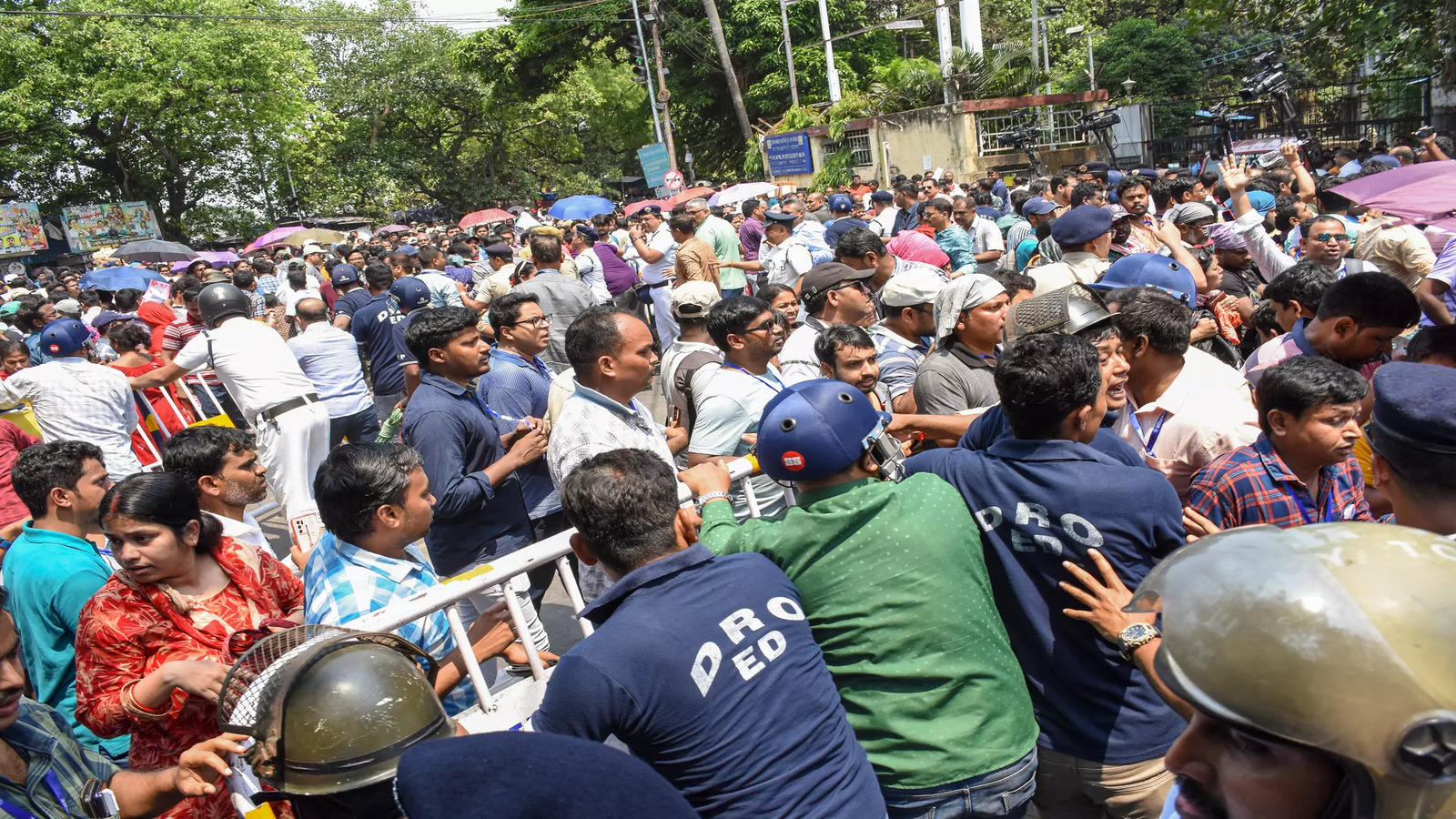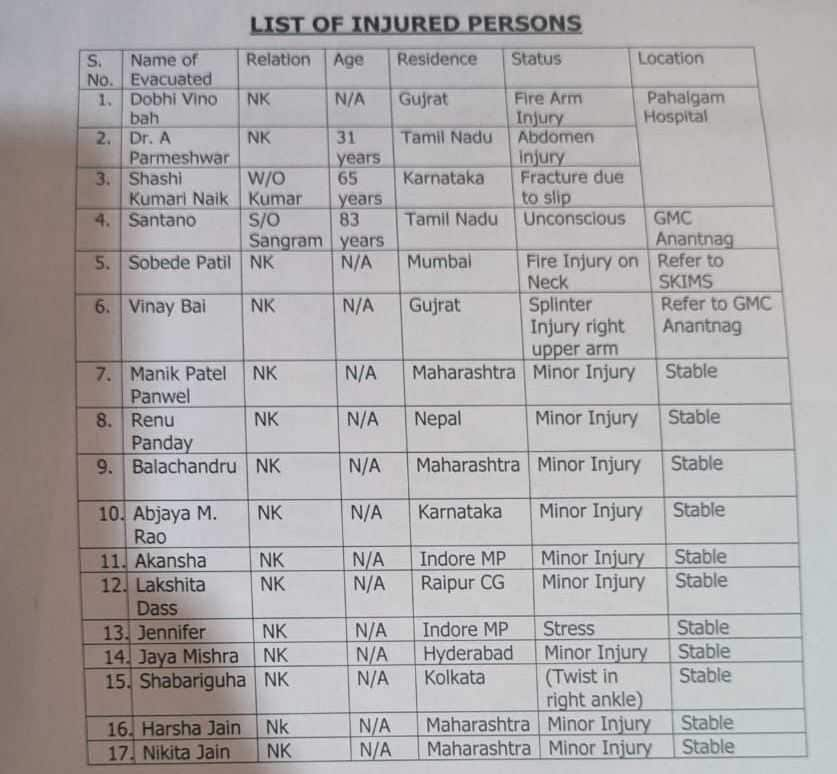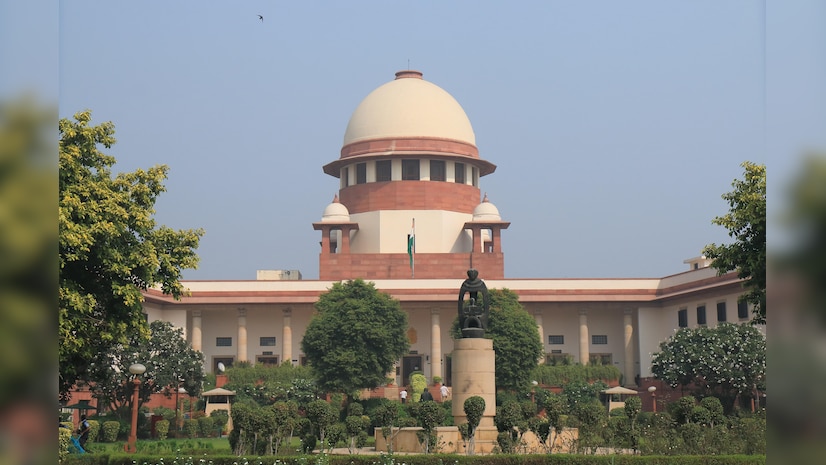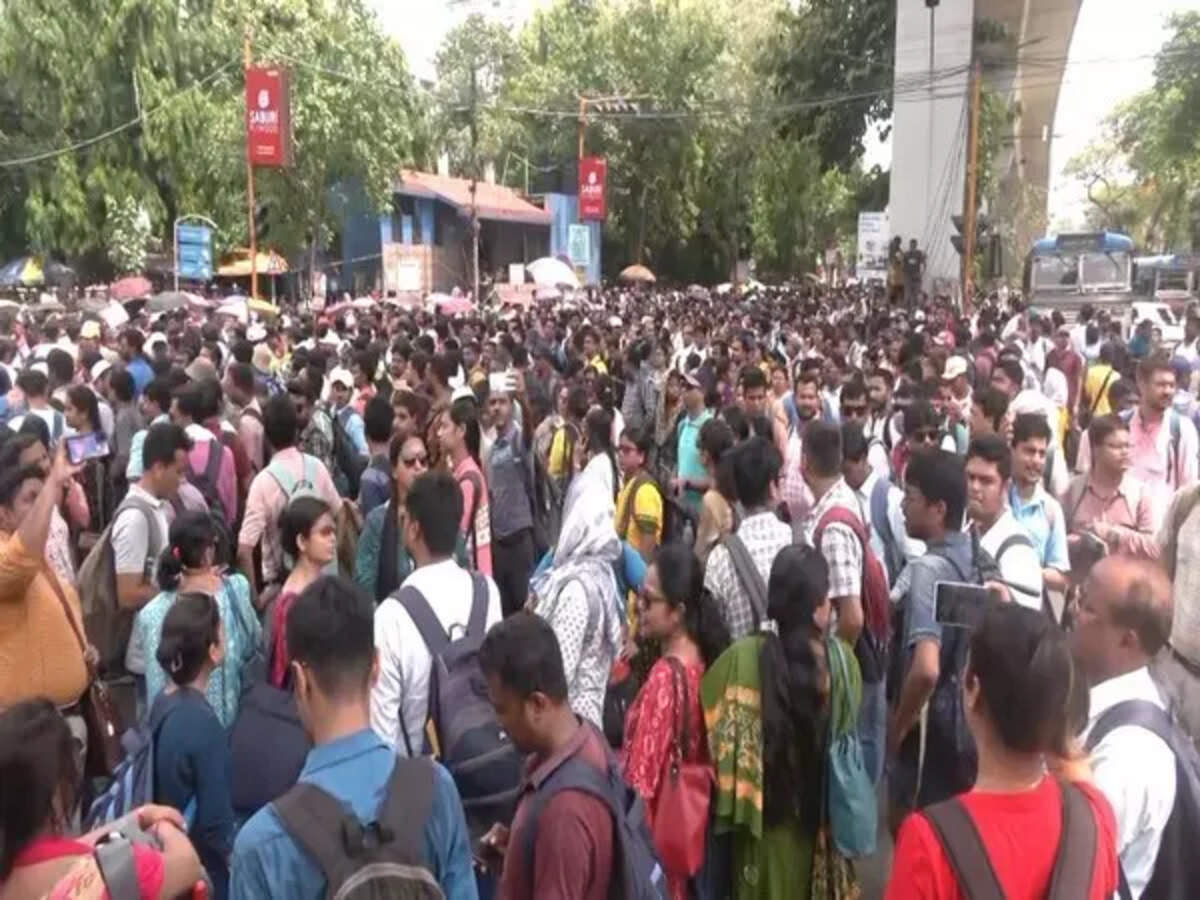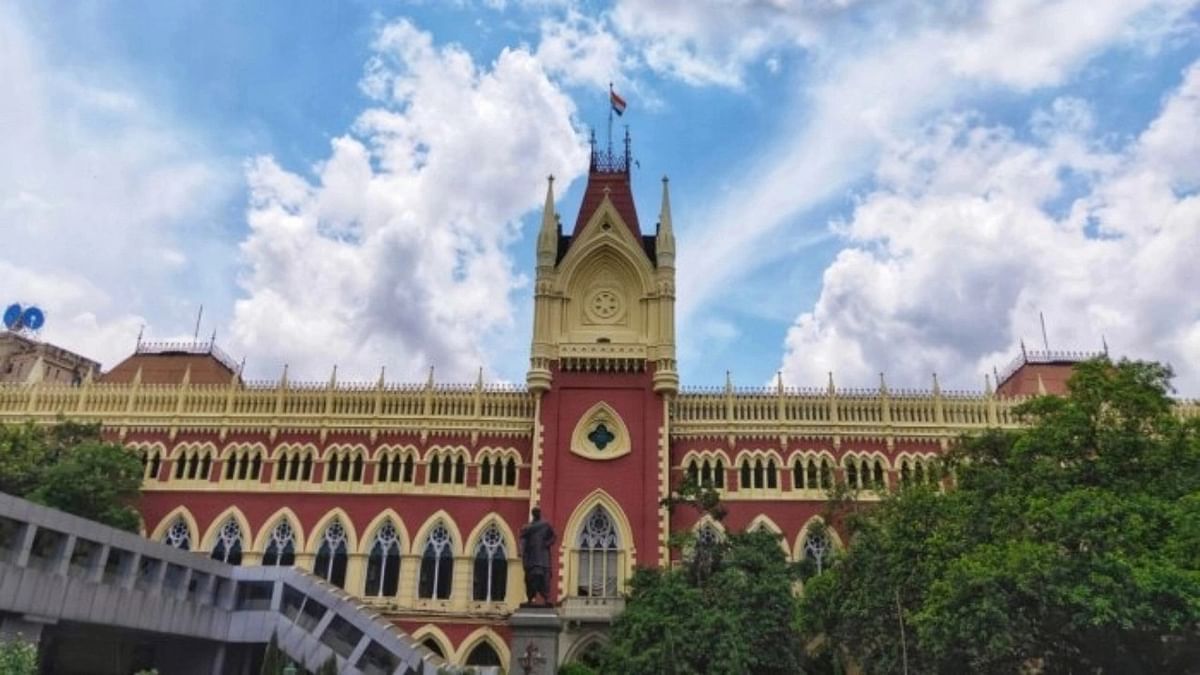Kashmir Unites in Grief and Protest: Entire Valley Shuts Down After Deadly Pahalgam Attack
PTI & KalimNews, April 23, 2025 : Kashmir’s response to the terror attack in Pahalgam on April 23, 2025, was nothing short of historic. For the first time in 36 years of insurgency, the entire Kashmir valley observed a complete shutdown, a powerful statement of solidarity and a collective outcry against the devastating loss of innocent lives. The attack, which claimed 26 lives, mostly tourists, left the region in shock and mourning. Every office, business, school, and college remained closed, and transport services came to a standstill as locals came together to pay homage to the victims and condemn the act of terror.
This unprecedented shutdown in Kashmir marked a pivotal moment of unity, with every individual, organization, and community standing firm against violence. It was not just a display of grief but also of collective outrage, as the region’s residents expressed their anger over the loss of life and the economic devastation such attacks bring. This shutdown was a stark reminder of the region’s fragility, but also of the strength and resolve of its people to rise above the horrors of terrorism.
However, the attack has raised serious questions about the region’s security preparedness. With approximately 2,200 to 2,500 tourists in Pahalgam at the time of the attack, the lack of visible police or paramilitary presence raised significant concerns. Unlike the typical security measures in place across the region, particularly at tourist hotspots, no security personnel were seen in the area during the attack. This oversight is deeply troubling, as Kashmir usually operates under constant surveillance, especially during peak tourist seasons. The absence of security forces at such a vulnerable time calls for a thorough and credible investigation into why this lapse occurred, and how authorities allowed such a breach of safety.
In Srinagar, the epicenter of the protests, people from all walks of life flooded the streets, united in their grief and condemnation. Political leaders, including Mehbooba Mufti from the Peoples Democratic Party and members of the National Conference, joined the protests, reinforcing the sentiment that such acts of terror must never be allowed to tarnish the image of Kashmir or Islam. “This is not in the name of Kashmir, and not in the name of Islam,” said Haji Bashir Ahmad Dar, a local resident. “Taking an innocent life is against the very essence of Islamic teachings.”
The valley-wide protests spread quickly, especially to the southern districts of Kashmir. In Kulgam, local farmers and traders expressed their frustration over the direct threat the attack posed to the region’s fragile economy. G.M. Banday, a fruit grower, voiced his concerns, stating, “The tourism industry is the backbone of our economy. Attacks like this will only cripple our livelihood further.”
Similarly, in the northern districts, protests also took place in towns like Handwara, where social activists gathered to denounce the violence. “We are protesting here to send a message that Kashmiris do not support terrorism,” said Tauseef Ahmad War, a social activist from Kupwara. “We stand for peace, and we will not let terror define our future.”
Even the residents of Jammu, still recovering from devastating floods and landslides, took to the streets to condemn the attack. In Ramban district, which has seen both Muslim and Hindu communities struggling together against nature’s fury, locals came together for the first time in history to hold a joint protest against terrorism. Gul Mohammad Farooqi, the Imam of Jamia Masjid in Bowli Bazar, spoke passionately about the unity of the community in the face of adversity: “We are already battling nature’s fury, and now this senseless attack has deepened our wounds. We stand for peace, even when everything around feels broken.”
The protests were not only a call for justice for the victims, but also a strong denunciation of Pakistan-sponsored terrorism, which many locals believe has fueled the violence in the region for decades. Local leaders, including Aga Syed Ruhullah Mehdi, the MP from Srinagar, emphasized that those responsible for the attack were neither true followers of Islam nor representatives of the Kashmiri people. “Whoever did this, they do not represent us,” Mehdi said. “We stand united in our rejection of terror and violence.”
As Kashmir continues to recover from the shock of the Pahalgam attack, the unified response from the people of the region sends a clear message: Kashmiris will not allow terrorism to define their future. Despite the deep scars left by decades of violence, the people of Kashmir remain steadfast in their commitment to peace, prosperity, and the protection of their cultural identity. The shutdown, protests, and the calls for a credible investigation into the security lapses are all part of a larger movement that seeks justice for the victims and a safer, more secure future for the region.


